
Running a worker cooperative takes time, effort, and dedication, and CERO is no exception to this rule. Since the inception of the company, our team members have worked hard to ensure the continued success of the business, as well as foster meaningful and helpful re...
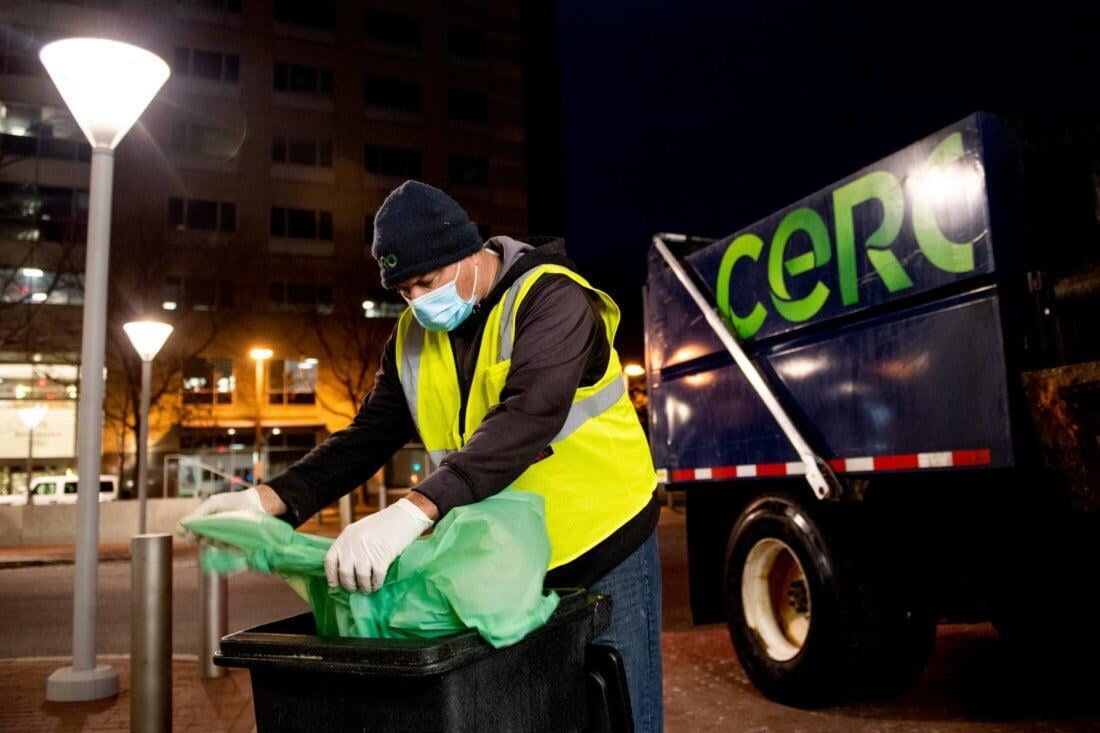
Article by Hilary Chabot, originally appearing in News@Northeastern
Maya Gaul’s fond memories of Northeastern’s Boston campus stretch all the way back to childhood. She recalls playing tennis at Carter Field, grabbing snacks at the Curry Student Center, and meeting up with her mother who worked at th...
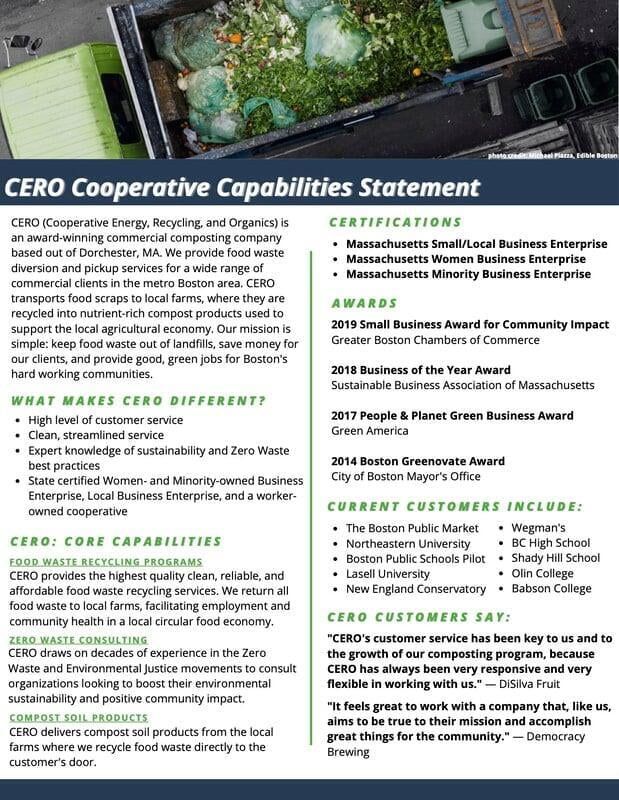
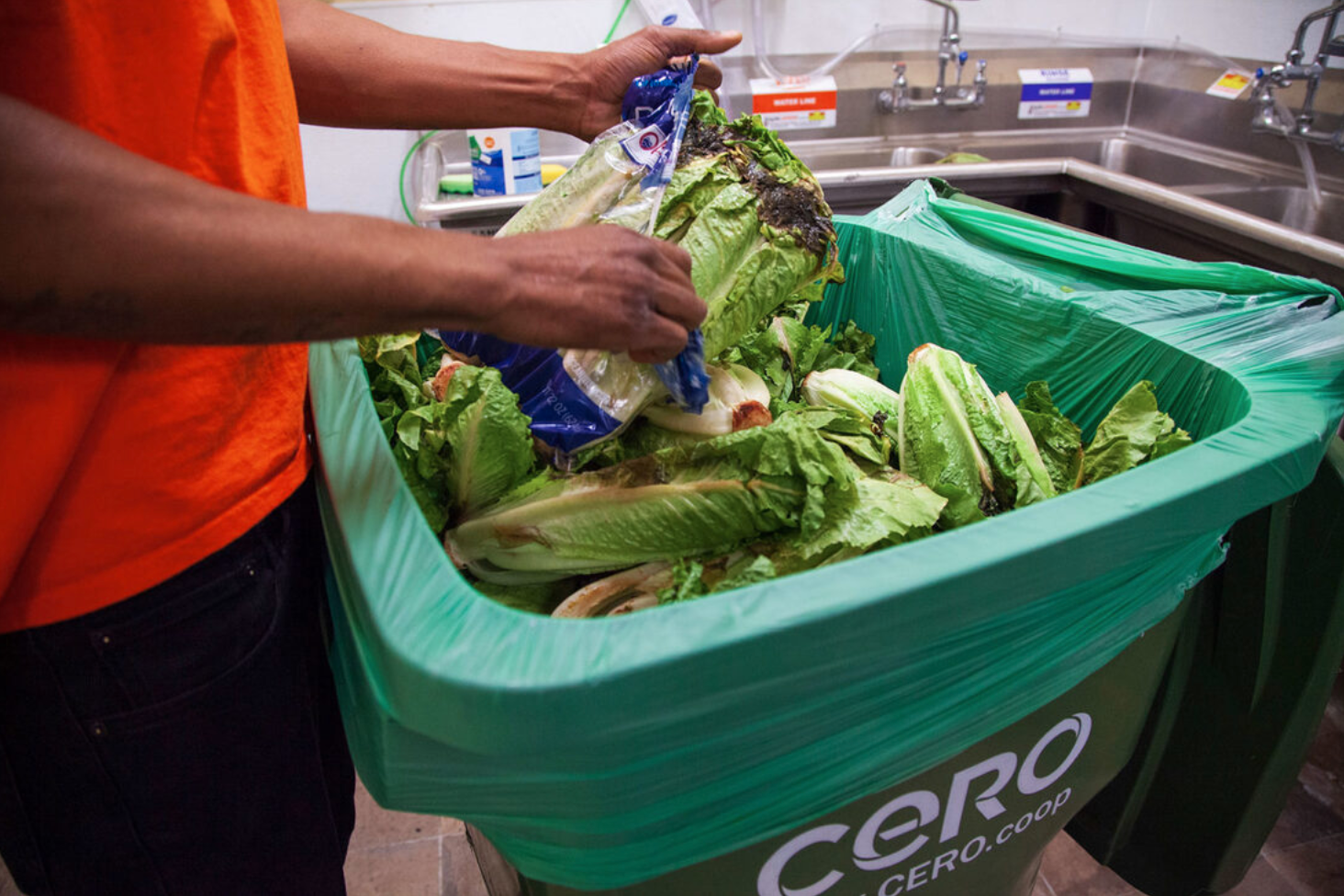
© Astudillo/Survival Media Agency/Zero Waste/U.S.
Originally written and published by Global Alliance For Incinerator Alternatives (GAIA)
By Casey Lynch
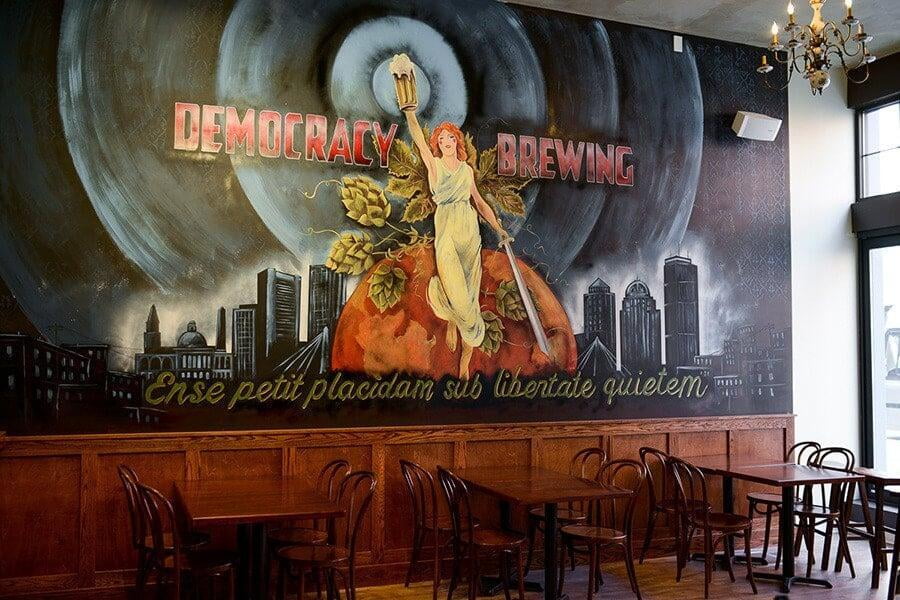
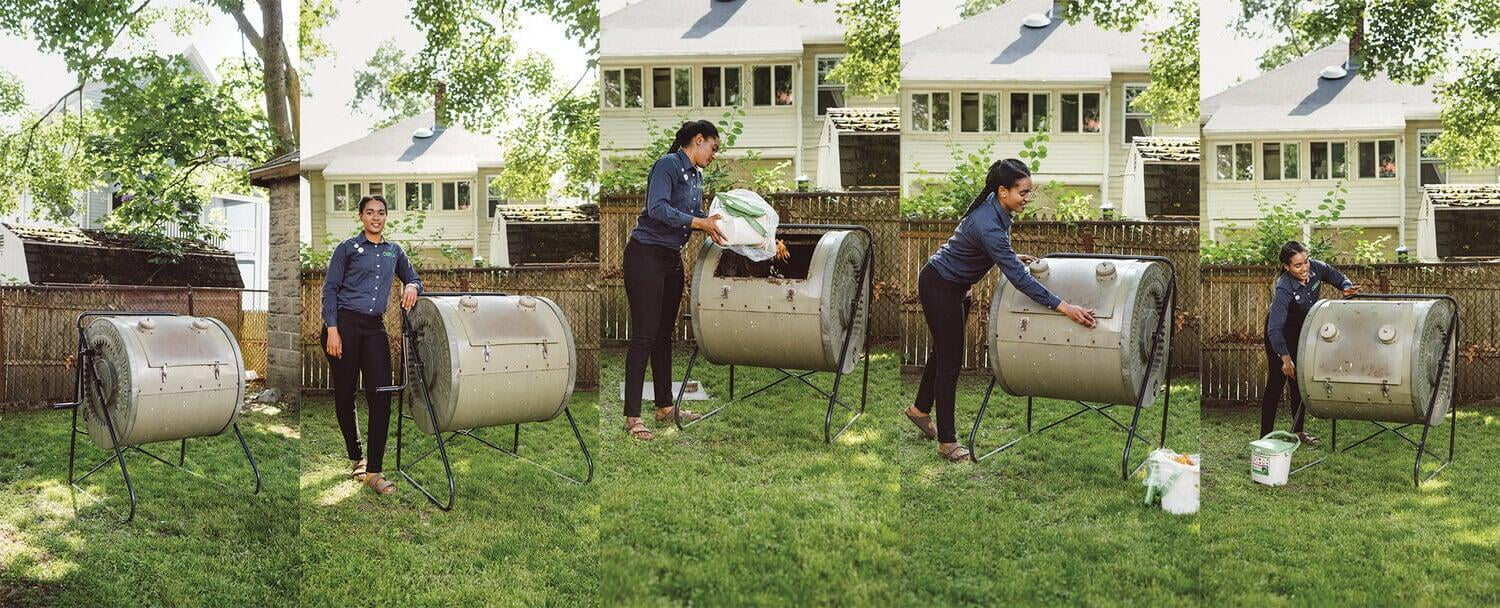
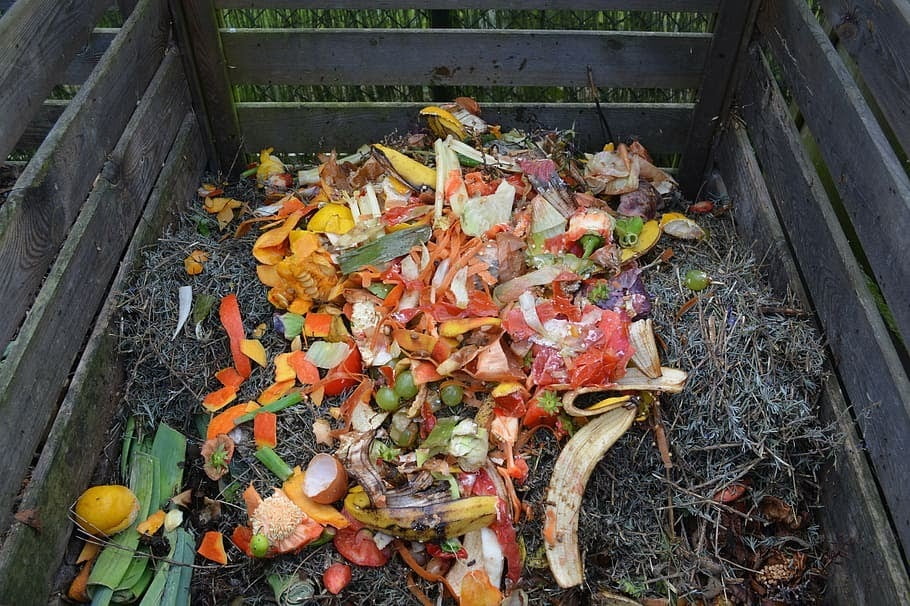
By Casey Lynch
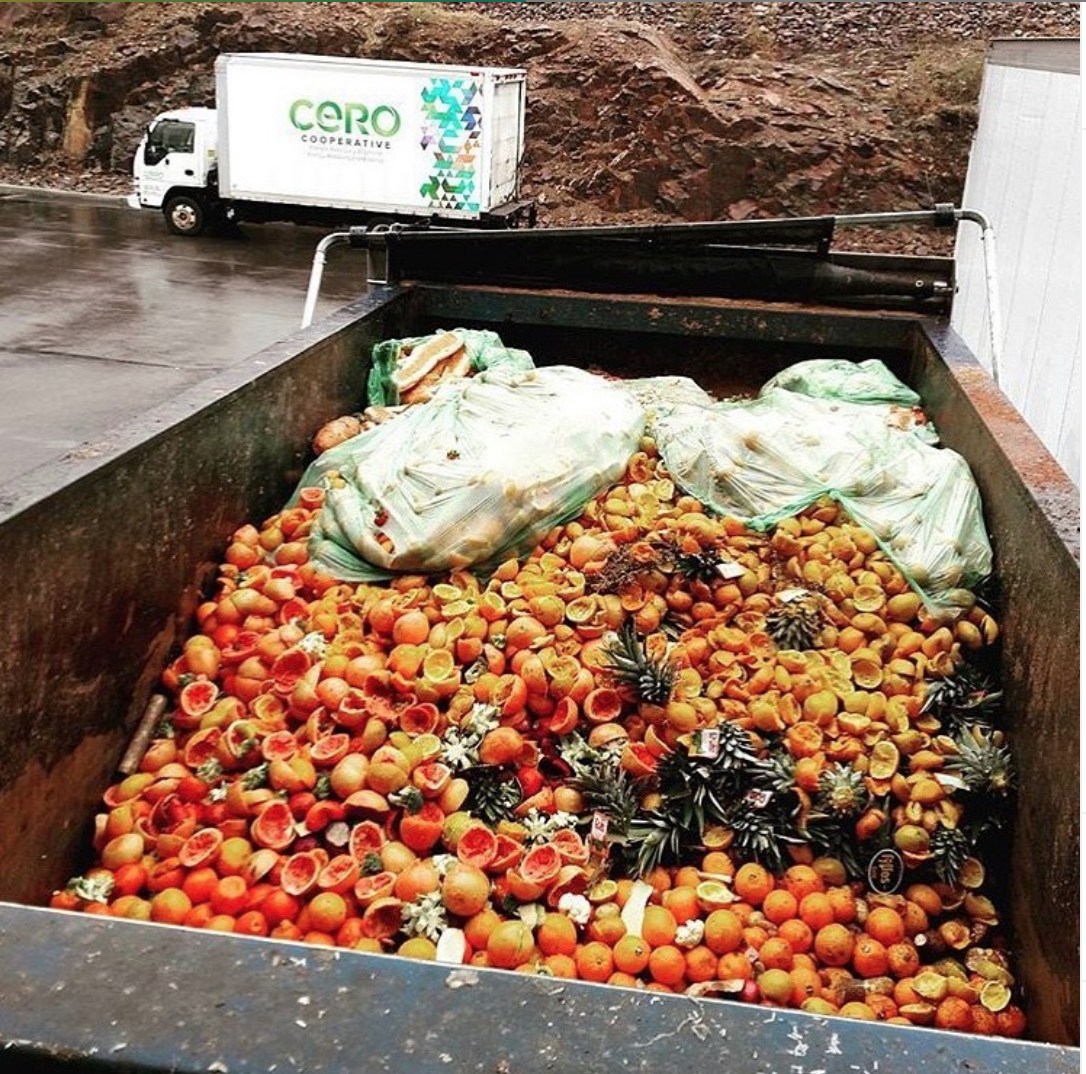
The US economy is set to change drastically as dialogue and activism around climate justice and the ecological health of our planet enter the mainstream. Massachusetts has already begun important transitional work in multiple ways, notably through its Commercial Food Waste Disposal Ban. The Food Was...
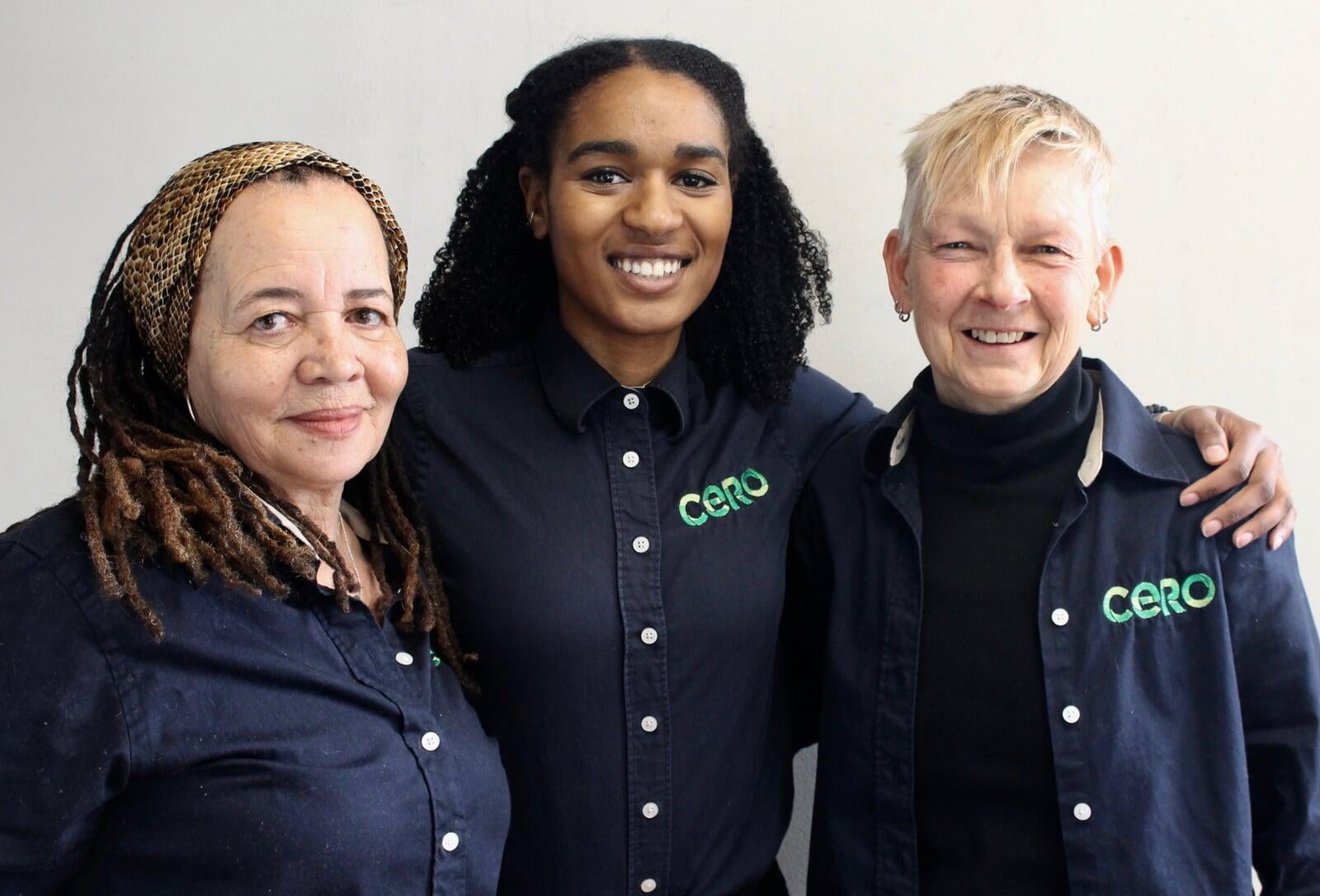
CERO Cooperative, Inc. (CERO), a Massachusetts worker-owned cooperative corporation, has completed a consensual balance-sheet restructuring with its lenders involving a debt-for-equity swap and other loan modifications. As a result, CERO has reduced indebtedness by approximately $430,000 and s...
Composting is an essential service! We are on the front lines collecting organic waste throughout the city of Boston and its surrounding areas. With the spread of this new COVID19 virus, different branches of society have collectively been working together from afar to support different member...
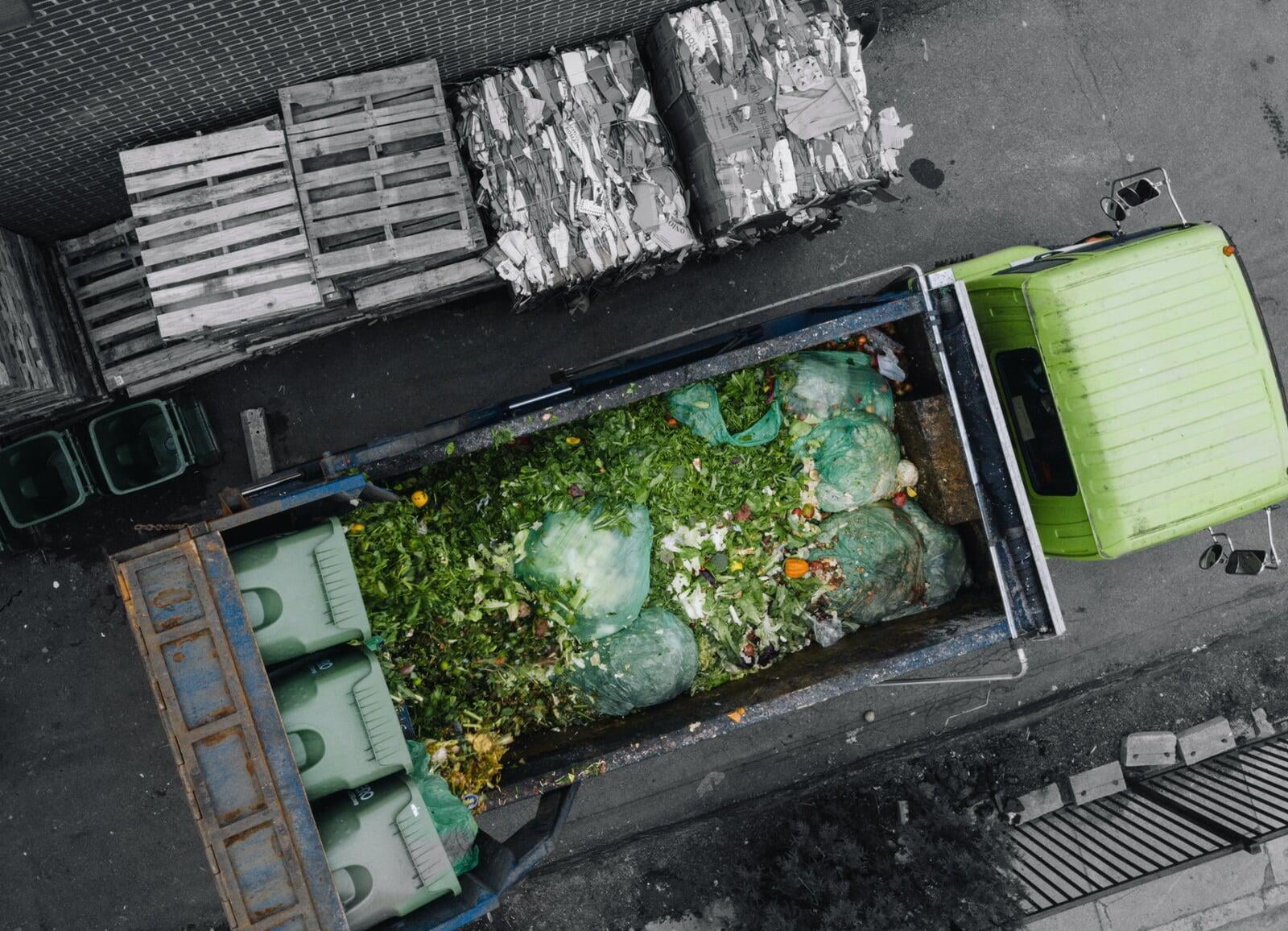
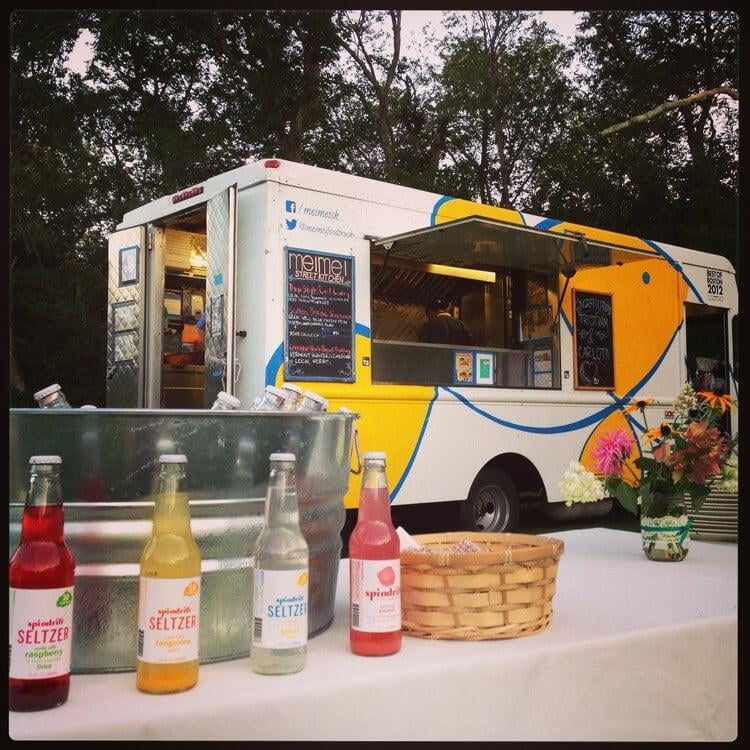
A PREVIOUSLY EXCITING DEVELOPMENT THAT FALLS SHORT IN COMPOST PERFORMANCE & PRACTICAL USE
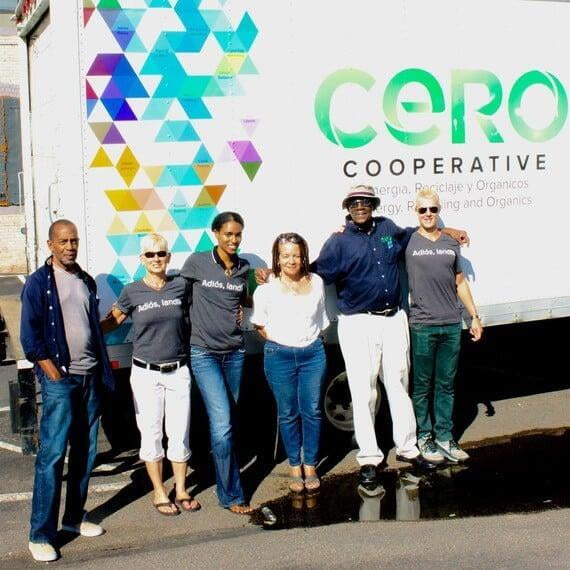
(0)
(3)
(5)
(7)
(2)
(2)
(1)
